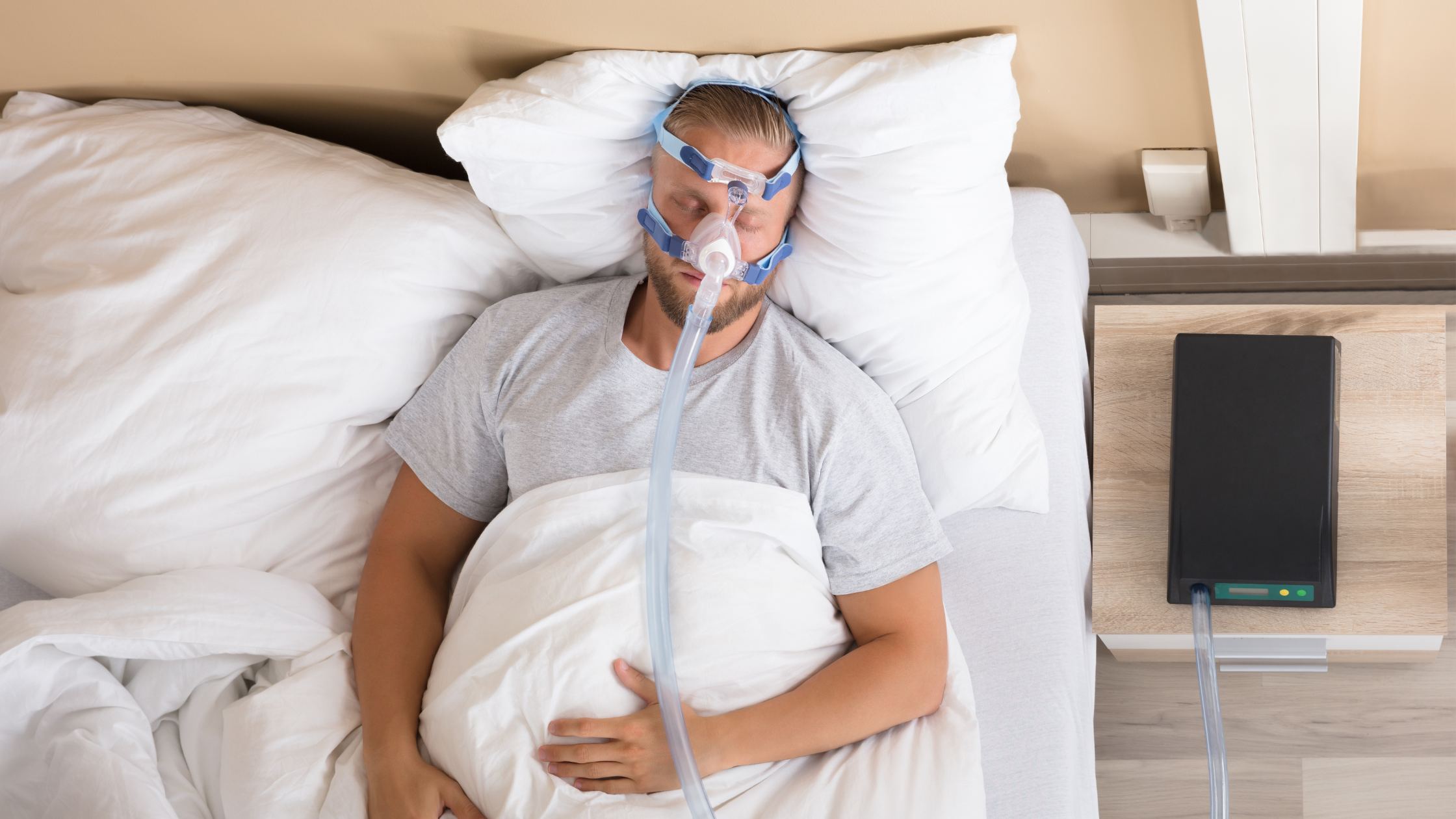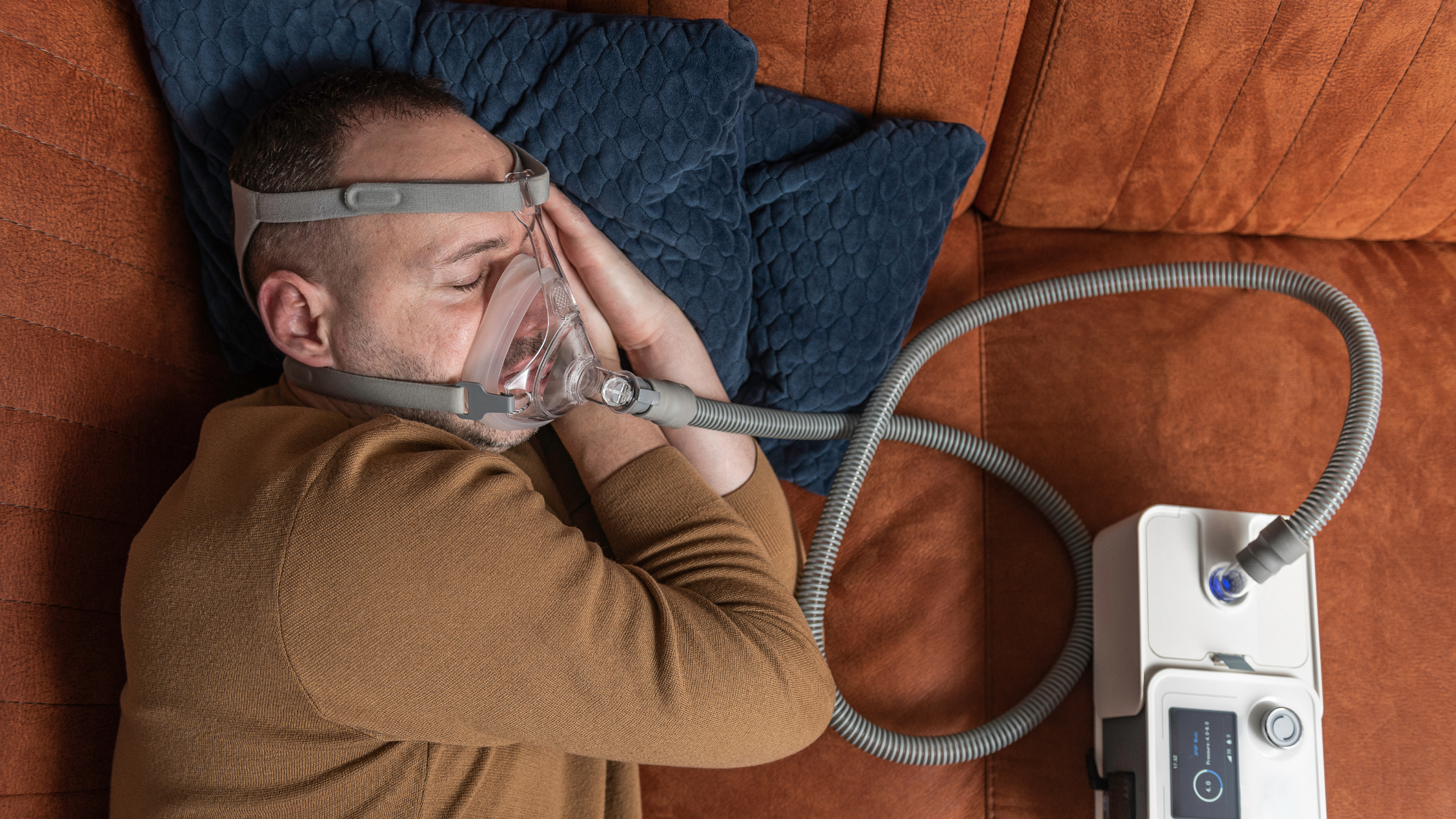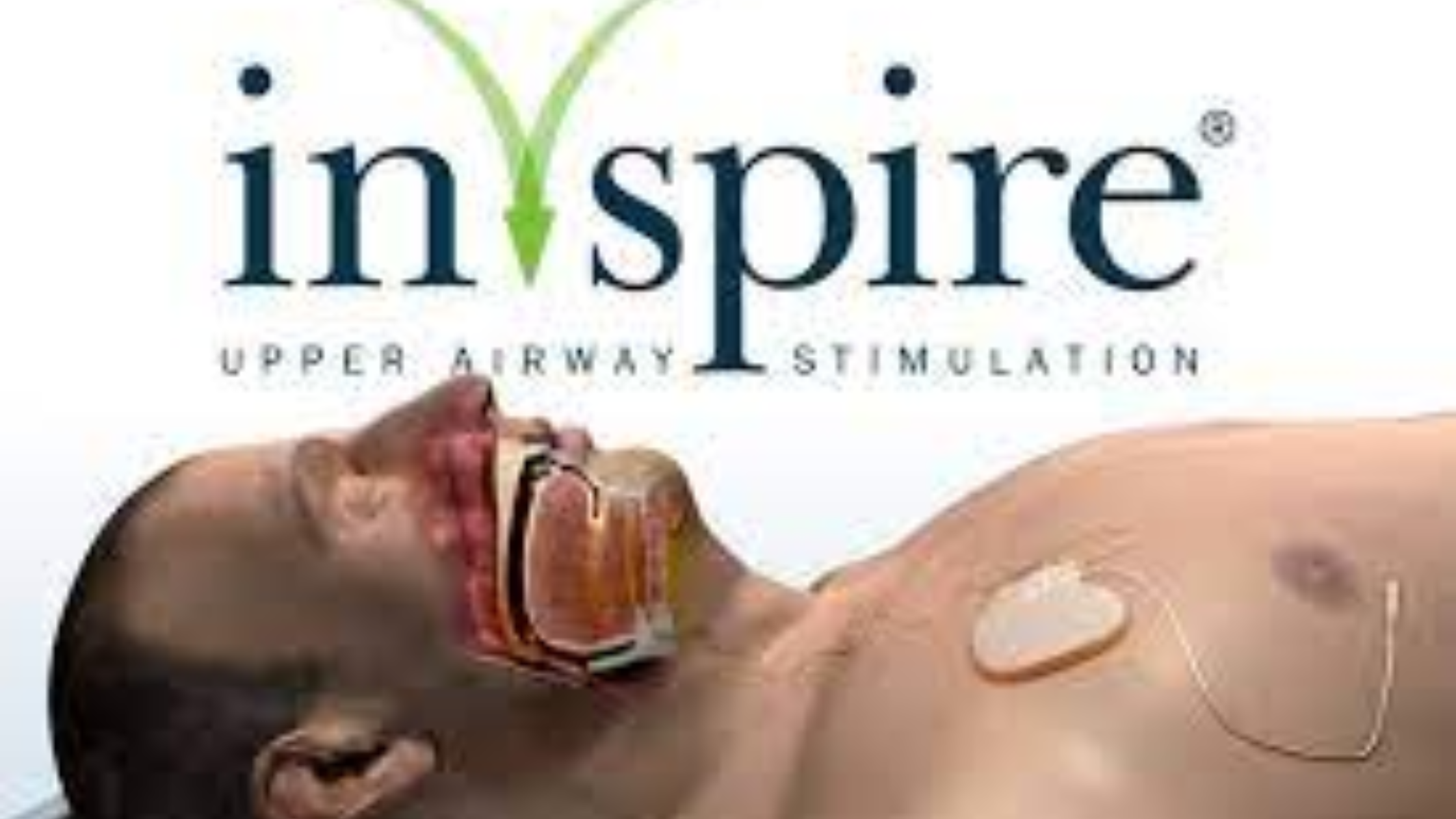Obstructive sleep apnea (OSA) is one of the most common sleep disorders, affecting millions of adults worldwide. Characterized by repeated pauses in breathing during sleep, OSA can lead to daytime fatigue, mood changes, cardiovascular disease, and metabolic complications if left untreated. While weight is often discussed as a key risk factor for OSA, what many people don’t realize is that fluctuations in weight—not just overall obesity—can also affect the risk and severity of this condition.










